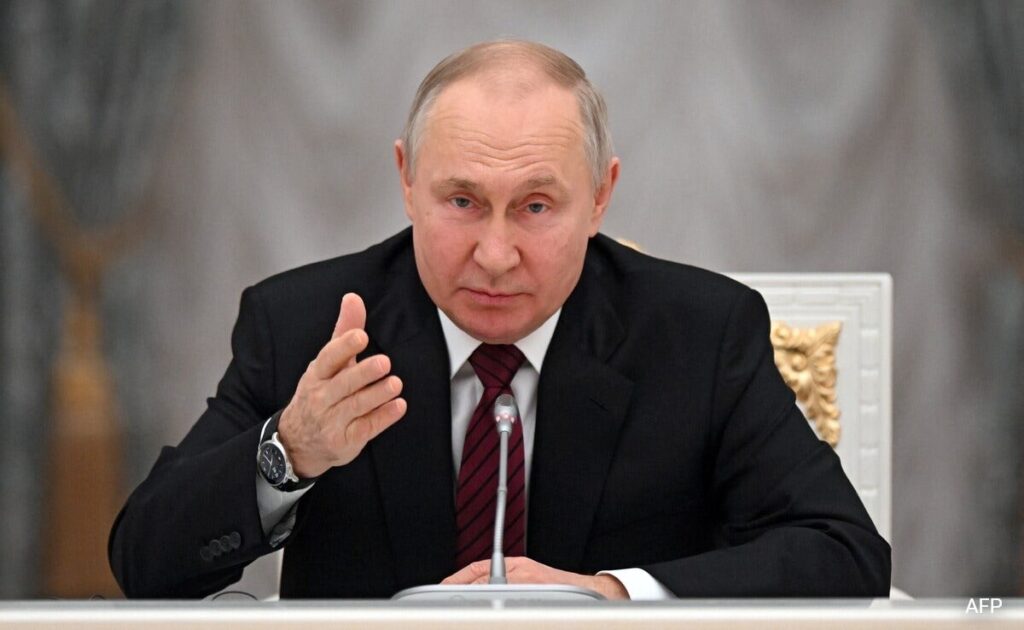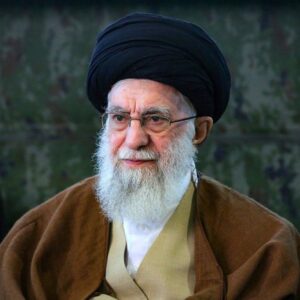Russia’s Putin Voices Concern Over Israel-Iran Conflict in Call with Trump (June 21, 2025)

A Diplomatic Intervention
On June 14, 2025, Russian President Vladimir Putin held a 50-minute phone call with U.S. President Donald Trump, expressing “serious concern” over the escalating Israel-Iran conflict, now in its ninth day. The call, initiated by Putin to wish Trump a happy 79th birthday, quickly turned to the Middle East crisis, with Putin condemning Israel’s June 13 airstrikes on over 100 Iranian sites, including nuclear facilities like Natanz and Fordow. Kremlin aide Yuri Ushakov noted Putin’s warning of “unpredictable consequences” for the region, emphasizing Russia’s desire to prevent a wider war.
Russia’s Strategic Position
Russia, a key ally of Iran through a strategic partnership signed in early 2025, has deepened ties with Tehran, which supplies Moscow with drones and missiles for its Ukraine war. However, the partnership lacks a mutual defense clause, limiting Russia’s role to diplomatic support. Putin briefed Trump on his talks with Israeli Prime Minister Benjamin Netanyahu and Iranian President Masoud Pezeshkian, offering mediation to resolve tensions, particularly over Iran’s nuclear program. Trump rebuffed the offer, telling Putin to focus on Ukraine, saying, “Vladimir, let’s mediate Russia first.”
Warnings Against U.S. Involvement
Russian officials have intensified warnings against U.S. military intervention, with Deputy Foreign Minister Sergei Ryabkov cautioning that U.S. strikes on Iran would “radically destabilize” the region. This follows Trump’s consideration of joining Israel’s campaign, with B-2 bombers repositioned to Guam. Russia fears losing Iran as a strategic partner, especially after Syria’s regime collapse, and is wary of a broader conflict disrupting its Middle East influence. Foreign Ministry spokesperson Maria Zakharova called the situation “millimeters away from catastrophe,” citing strikes on Iran’s nuclear sites.
Nuclear Concerns and Mediation Efforts
Putin emphasized Russia’s support for Iran’s peaceful nuclear energy use, securing Israel’s pledge to protect Russian personnel at Iran’s Bushehr nuclear plant, where Russia is building reactors. Speaking at the St. Petersburg International Economic Forum, Putin proposed a settlement allowing Iran’s nuclear program under strict oversight to address Israel’s security concerns. However, Iran’s Supreme Leader Ayatollah Ali Khamenei rejected Trump’s call for “unconditional surrender,” complicating diplomacy. European and Omani mediation efforts have stalled, with Iran refusing talks until Israeli attacks cease.
Broader Implications
The conflict, with over 600 Iranian and 24 Israeli deaths, poses risks for Russia’s regional strategy. Posts on X reflect polarized views, with some claiming Putin’s mediation is a bid for leverage over U.S. support for Ukraine. Ukrainian President Volodymyr Zelenskyy expressed unease, fearing U.S. focus on the Middle East could reduce aid to Kyiv. Russia’s balancing act—supporting Iran while engaging Israel and the U.S.—faces challenges as Trump weighs military options within two weeks, potentially reshaping the Middle East’s geopolitical landscape.






